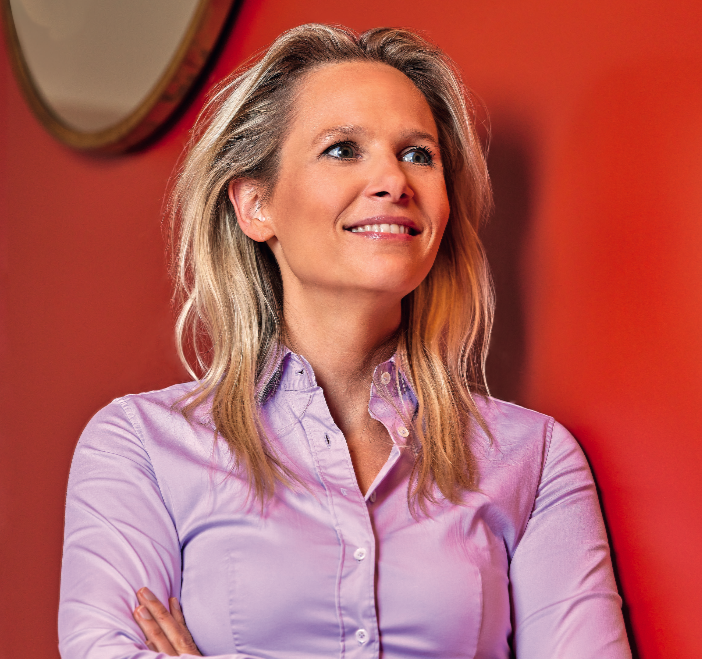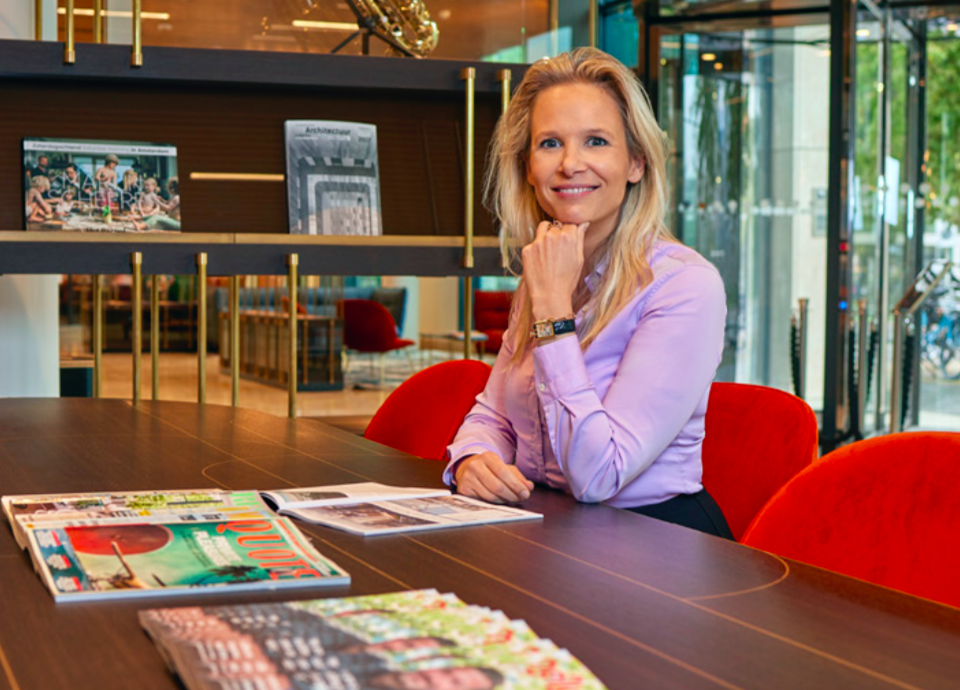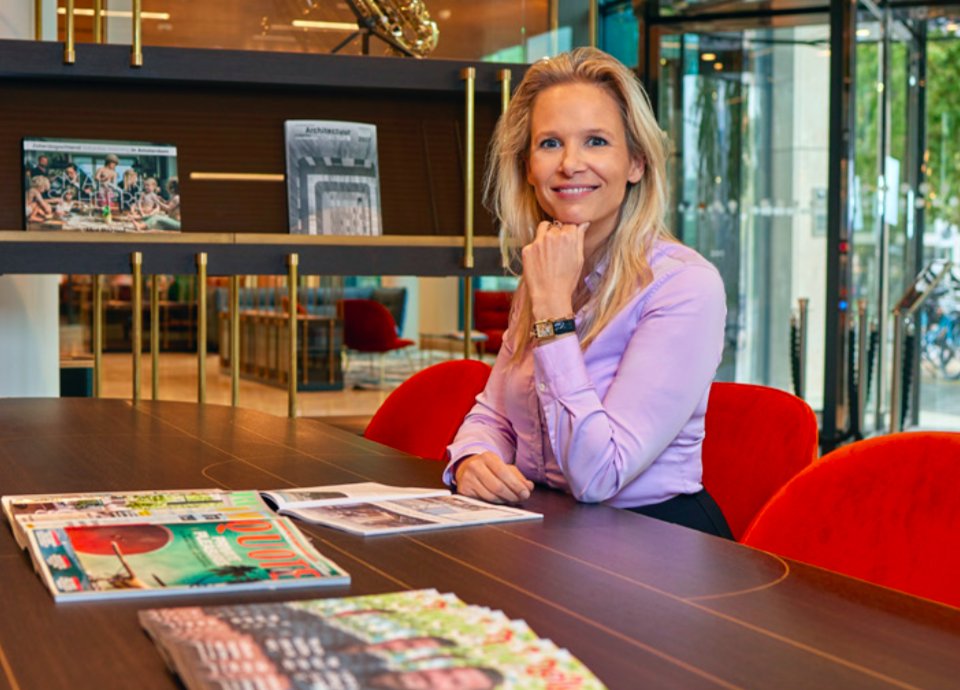Interview with Annelou de Groot, Director at International Workplace Group (IWG)
‘My job is a great synthesis of hospitality, service and bricks-and-mortar real estate’
Telework from home, or go in to the office? Never before has this topic been so hot – or so relevant. The ongoing pandemic has given rise to new questions and a slew of changes in recent months. Nevertheless, Annelou de Groot, director at International Workplace Group, isn’t worried about the future of the office market. ‘These times call for flexibility, and flexibility’s part of our core business.’
What does your job involve?
'I’m one of the directors at International Workplace Group’s Dutch office and in charge of the group’s expansion in the Netherlands. We’re a worldwide supplier of flexible workplace solutions, with an endless range of services. That last element is really in my DNA. I studied at Hotelschool Maastricht and also worked in retail. The customer experience and hospitality really matter to me. It was through a work placement that I wound up in real estate, and I never looked back. For me, this world is a great synthesis of hospitality and service, combined with bricks-and-mortar real estate.’
IWG’s mission is sustainable growth. What does that look like?
‘In my role, the primary focus is on “growth”. Demand for flexible office space is growing globally and the pandemic has accelerated that. To meet that demand, I’m principally concerned with three activities. The first is leasing buildings and adapting them to fit our product. In the Netherlands, we work with three brands: Regus, Spaces and The Office Operators. Each one has its own identity, and I assess which brand best fits a given location. Besides leasing, I also work on acquisitions and look at how we can take over or approach other players. Our third path to growth is our franchise division, in which franchise partners open their own locations. We give them guidelines for a brand’s look and feel and the services they’ve got to offer. We’re still growing our franchise market in the Netherlands and are aiming to roll out to smaller cities. That’s because an increasing number of people want to work closer to home, and the pandemic has kicked this transition up a notch. Companies can rent small, flexible office workspaces in one of our many locations throughout the country, allowing their staff work closer to home.’

How have these past few months been for you?
‘Incredibly intense, for sure! But I’m so proud of how fast our organization has been able to pivot. By the third day we had a COVID desk that customers allover the world could contact whenever they had questions or problems. We also set up task forces to sort out everything in-house. With lessors, we looked at how to make all the spaces safe so they could continue to be used responsibly.’
What’s your perspective on the future, also based on your responsibility for growth?
‘In the short term, it is affecting us. Some of our centres are all meeting rooms, for instance, so little is happening there at the moment. But over the mid and longer term, our product will grow. We’re convinced that the trends we were seeing pre-crisis will only be speeding up. People no longer have to work at their head office every day to achieve maximum results. One or two days a week suffices to feed social connections and a sense of community. People may work from home a couple days a week and otherwise opt for spaces closer to home. Added to that, companies are in a state of uncertainty. For them, it’s preferable not to be bound by lengthy contracts, and we let them scale up or down depending on the day. Offering that flexibility is very important to us.’

Lots of research is being done on commuter flows at the moment. What’s your take on that?
‘We’re the only operator in the world that believes every mid-size or even small town should have its own working space. Wherever people live, people also want to work. That’s why we’re also in towns like Roermond and Enschede. If you’ve got your office there while headquartered in Amsterdam, you don’t have to commute daily, and might go to the head office only once or twice a week. That would really help relieve pressure on the public transport and road networks, especially since corporate organizations are in a position to tell their employees, “take your employee ID and check in at a spot that’s convenient to you, wherever you want to work.” We believe in a deep, widespread network that’s not limited to Amsterdam, Rotterdam, Antwerp, Brussels and Paris.’
